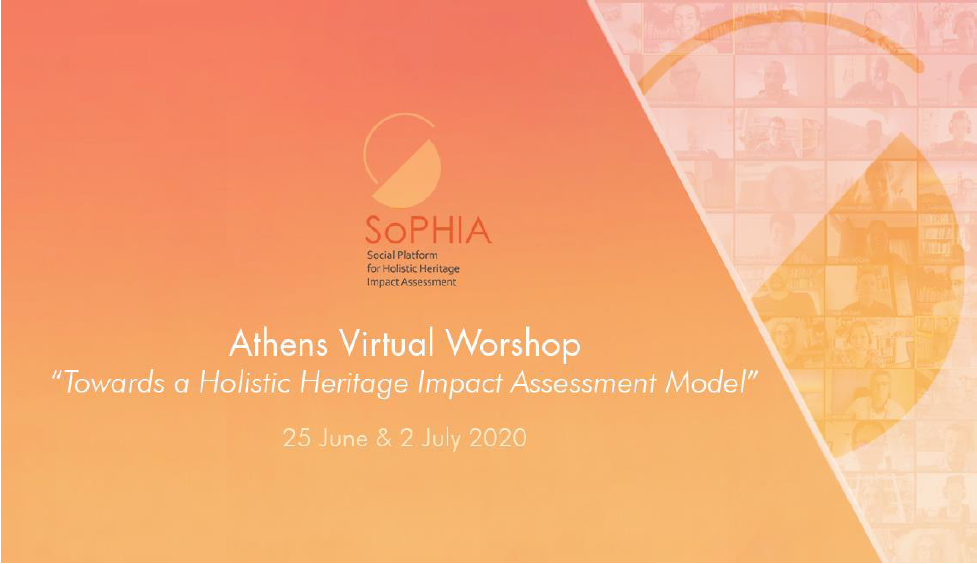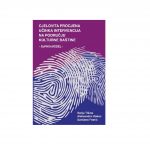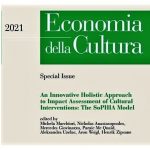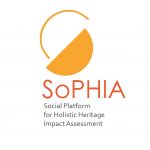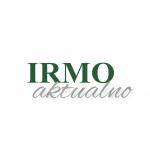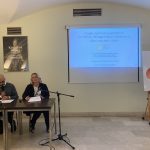25 June and July 2 2020
Surfing the waves of the pandemic, SoPHIA – Social Platform for Holistic Heritage Impact Assessment – held a first workshop online last June 25 and July 2 with its newly formed community of practice. The aim was to present the initial findings of the project, assess
and exchange knowledges and practices, and spur the debate.
The Athens Virtual Workshop gathered around 50 professionals from the institutions part of the Consortium, members of the Advisory Board and stakeholders from different fields, such as research, education, museology, cultural management, cultural policy or entrepreneurship, among others. SoPHIA is currently bridging its first theoretical phase,
during which it has collected and analyzed the literature and policies related to heritage impact assessment models and methods, with its second practical phase that foresees the design of an impact assessment model to be tested in selected cultural heritage sites. The first phase has highlighted, among other things, the lack of models that duly address the four dimensions considered as fundamental when dealing with heritage interventions, namely the social, economic, cultural and environmental dimensions; the priority given to the economic dimension at the expense of other fundamental dimensions; the lack of consultative and participatory processes that provide for a sense
of ownership by the communities; as well as the need for assessment models that take into account the long term impact of interventions, especially after so-called big events.
In the first place, the context of the SoPHIA project was presented. This was followed by
a series of keynote speeches that set the framework for the issue at hand: Annalisa Cicerchia, Roma Tre University, presented “Impact Assessment Methods” and Beatriz García, Institute of Cultural Capital, University of Liverpool, shared her views on “Why
do present Impact Assessment Models prove inadequate”. The gaps and opportunities identified regarding heritage impact assessment models were also presented with a summary of guidelines and programmes from the EU and other world regions. Participants debated in small groups and, based on their experiences, contributed different perspectives that will be taken into account in the drafting of the SoPHIA
impact assessment model. All the material of the Athens Virtual Workshop will be shortly made available for download from the SoPHIA website.
The community of practice will meet again in future workshops, onsite if the situation allows, or virtually. At the same time, an online collaborative platform will enable for continued interaction; each member formally attached to the SoPHIA community will be able to access relevant documentation and participate in debates on topics of interest for the project. In this sense, professionals with experience in cultural heritage from any field, whether academics, practitioners or devoted to cultural policy, and with an interest to be part of this community, are welcome to contact us at info@sophiaplatform.eu to explore their possible participation in the project.
SoPHIA recently launched its new website at www.sophiaplatform.eu, where the outcomes produced will be progressively made public. You can also follow us in Twitter, @sophia_platform and in Facebook under SophiaPlatform. We thank all the participants to SoPHIA’s Athens Virtual Workshop for their time and valuable contributions and look forward to seeing them all soon again!

